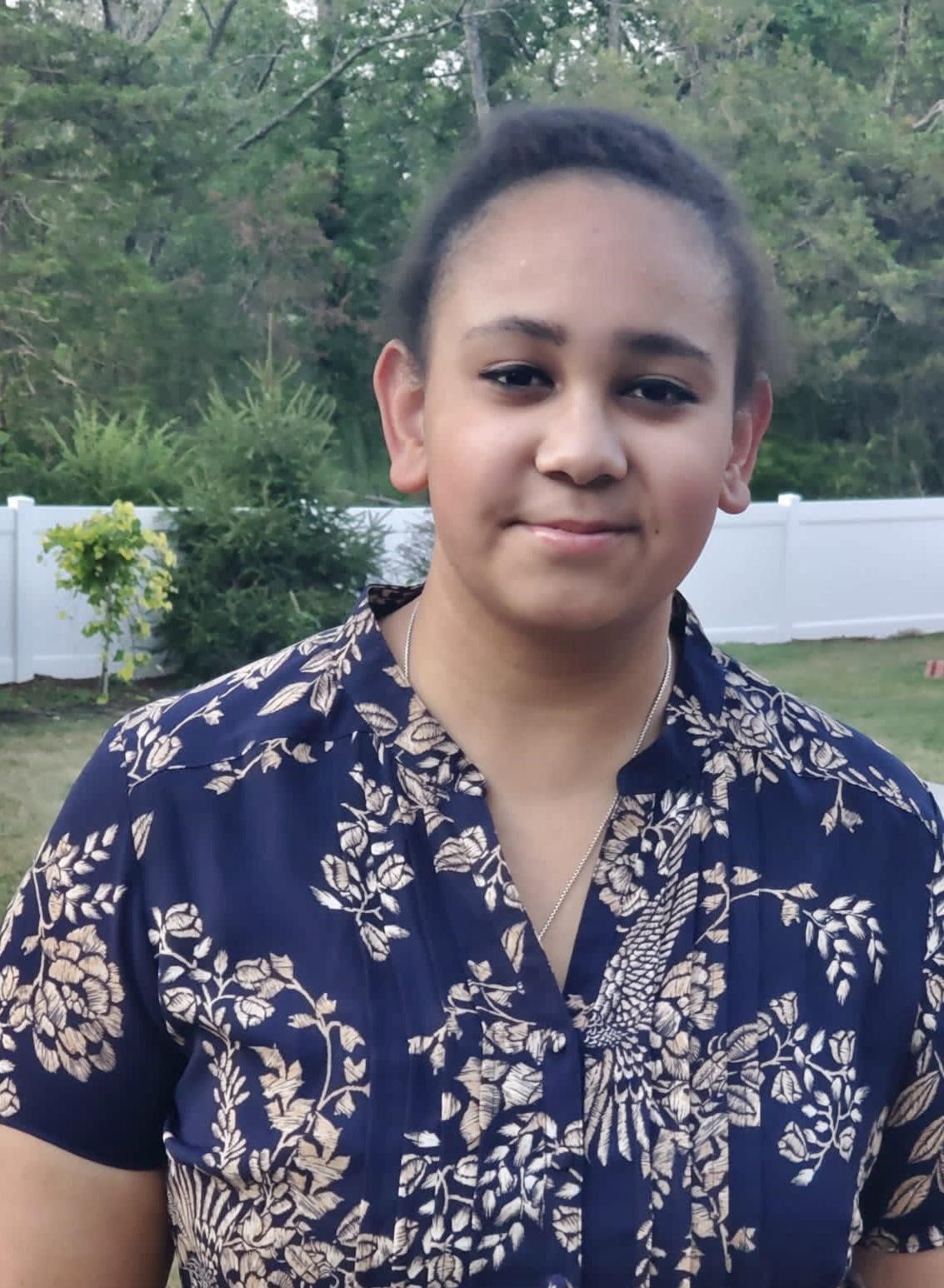My name is Kamalini Sengupta. I’m a rising senior at Bryn Mawr College, majoring in neuroscience and minoring in philosophy. I’ve been working in Dr. Nirinjini Naidoo’s lab at the Perelman School of Medicine since the summer of 2021, exploring the effects of sleep loss and circadian rhythm shifts in mice. The STEER program has allowed me to expand on this project, and my research skills in general.
What is your summer research project?
Studies show that repeated sleep loss can lead to cellular stress and cause proteins to misfold. Our cells have a troubleshooting mechanism in place to deal with these misfolded proteins, called the unfolded protein response (UPR). As we age, the UPR becomes weaker and proteins start to accumulate, causing neurodegeneration. My project this summer has been studying whether sleep depriving young mice increases UPR activity later in life. I have been looking for a UPR marker protein called CHOP between control mice and mice that have been sleep deprived for 8 weeks. The mice were collected at different timepoints to determine temporal progression in UPR activity. This data will then be compared to results of cognitive-behavioral testing to see if there is a link between memory impairment and cellular stress.
What are the implications of your research?
Loss of sleep is incredibly prevalent in the US, especially among shift workers. Shift work has been shown to create problems with safety, performance, and overall well-being. These problems can be dangerous in certain settings, such as healthcare. Being a college student, I also know that sleep loss is common among my peers. Results from this study could stress the importance of sleep hygiene to prevent the early onset of neurodegenerative diseases such as Alzheimer’s and Parkinson’s.
What new skills have you gained through your research?
Through my work at the Naidoo lab, I have learned how to perform immunohistochemistry staining, which is a method of localizing and semi quantifying specific proteins in tissue using antibodies. Working on this project has also taught me how to problem solve and create plans to get somewhat daunting tasks completed efficiently. I am incredibly grateful to the STEER program and my mentors at the Naidoo lab for teaching me skills that will not only be useful in future research, but in other academic and extracurricular pursuits, as well.






